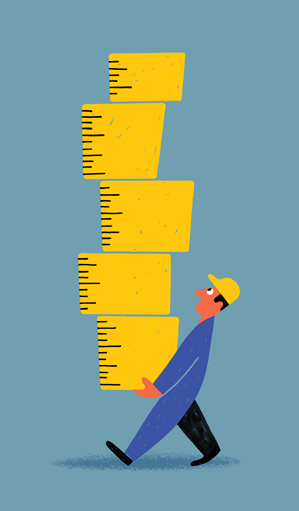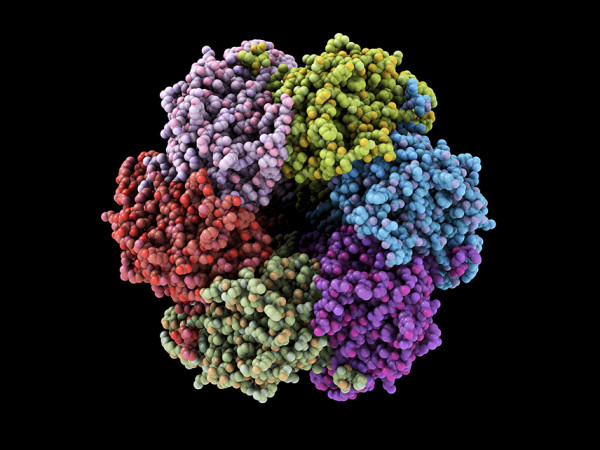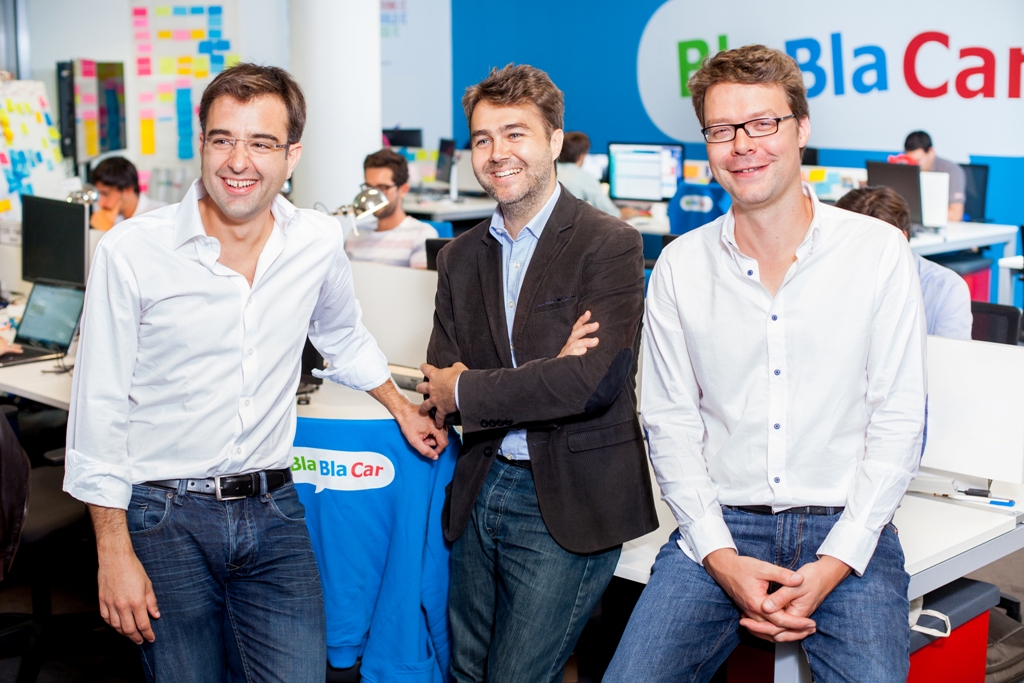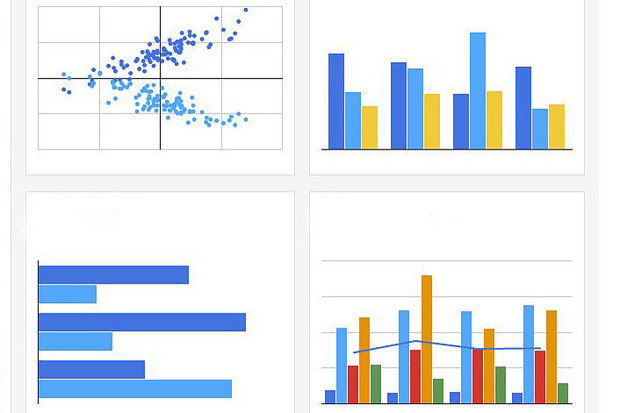Discussions of income inequality typically focus on how information technology raises the return to skilled labor, or on the rise of global trade, or perhaps on the way that politics skews power toward the rich and well-connected. But there’s another fundamental driver of income inequality: the improved measurement of worker performance. As we get better at measuring who produces what, the pay gap between those who make more and those who make less grows.
Source: Measured and Unequal | MIT Technology Review




